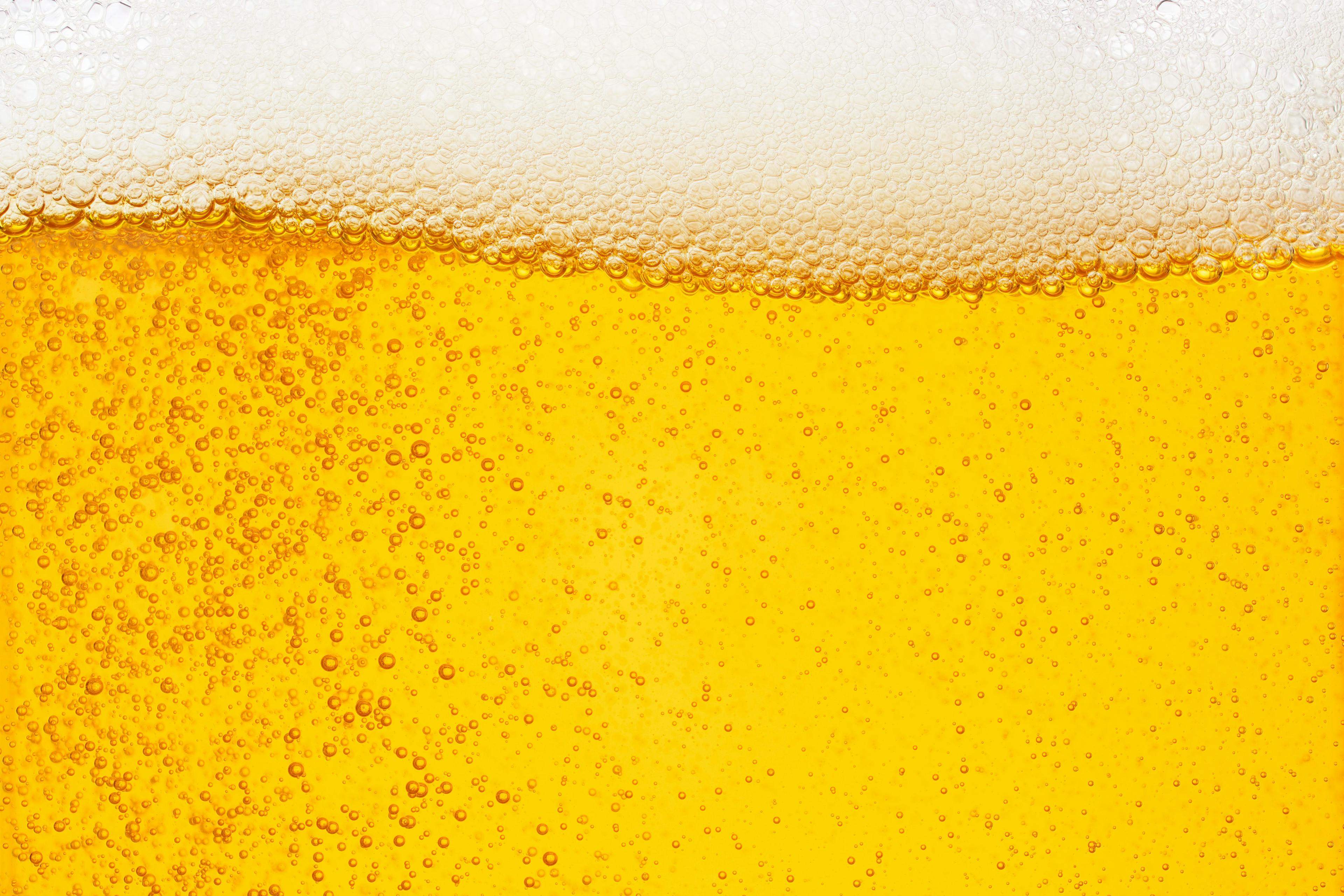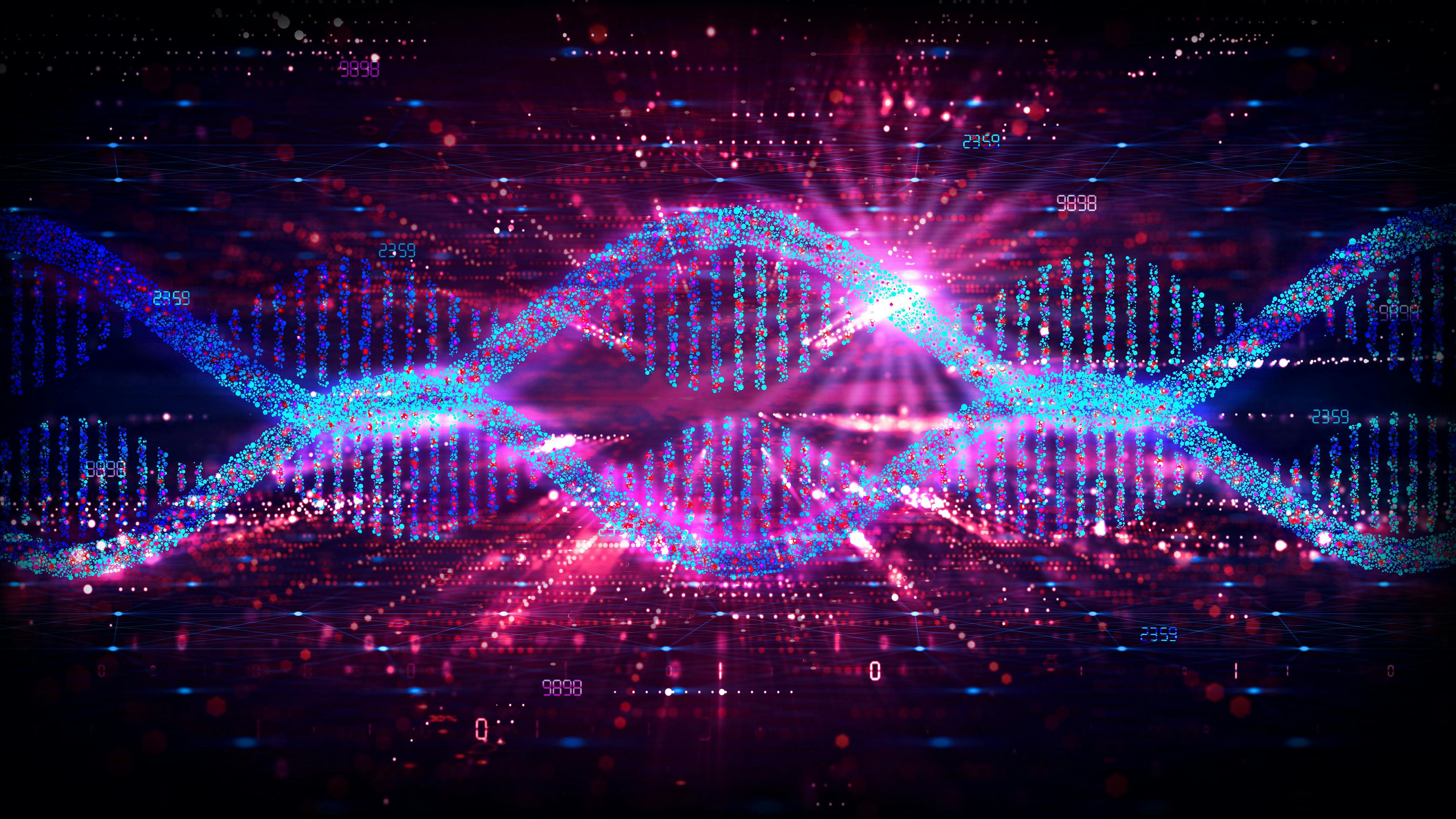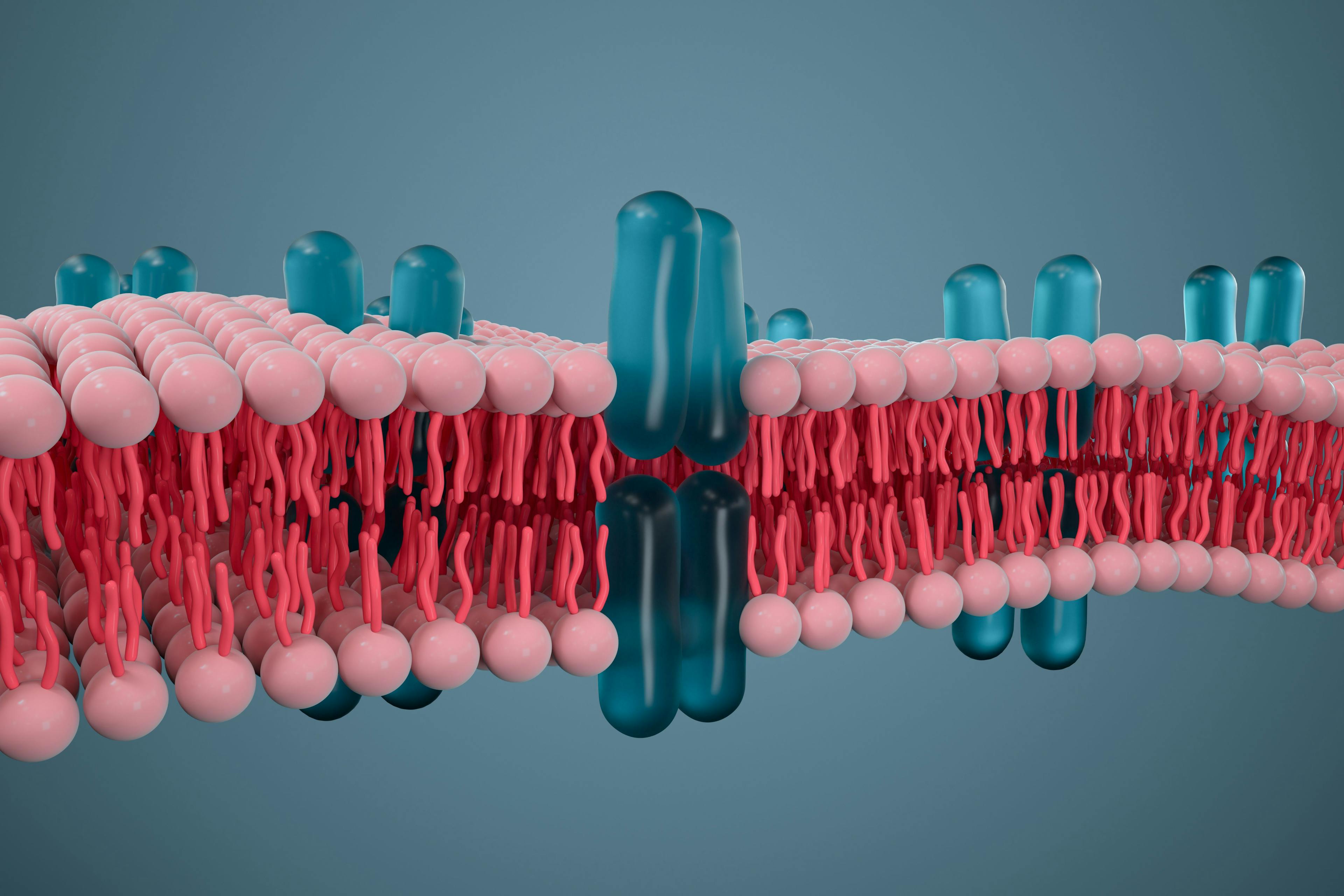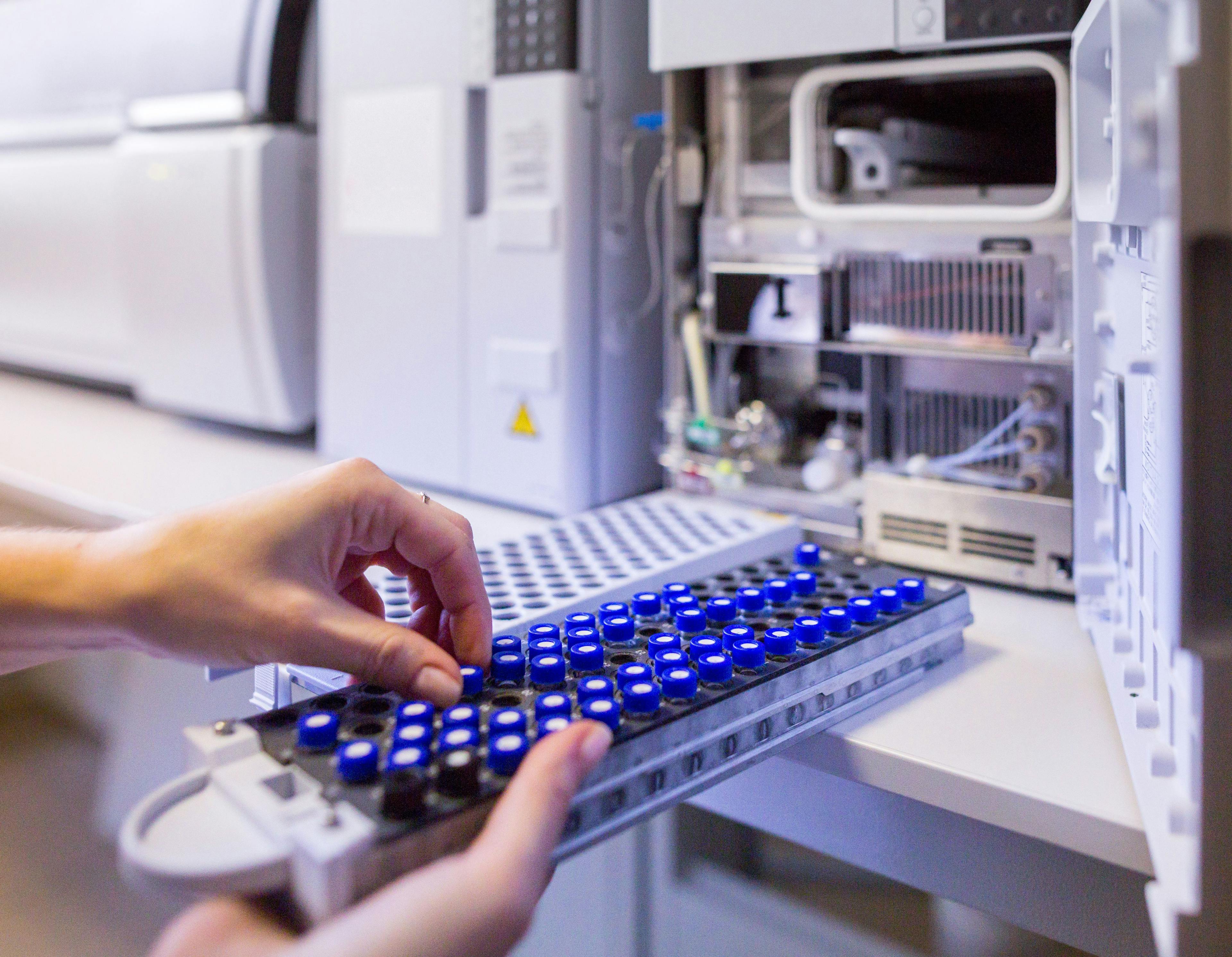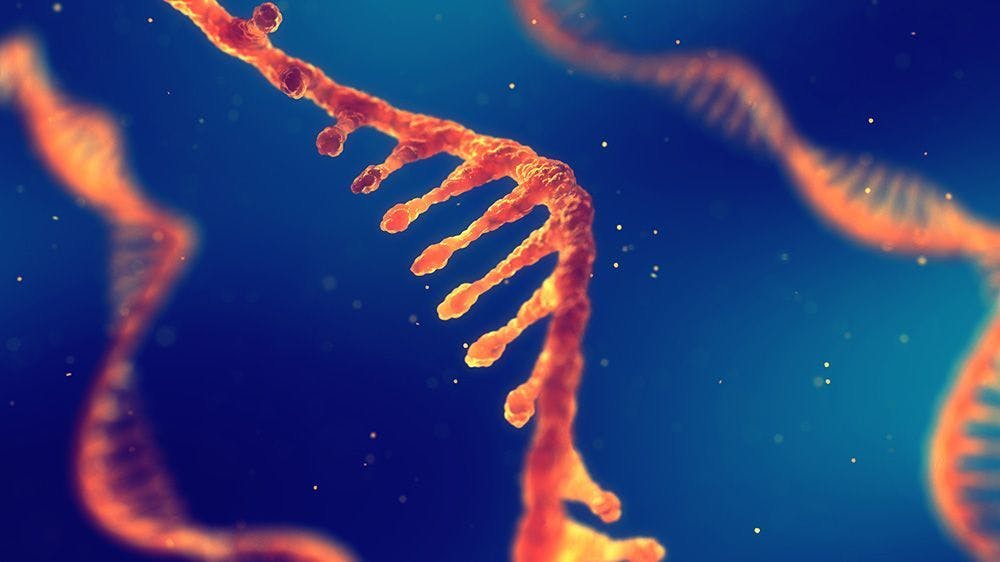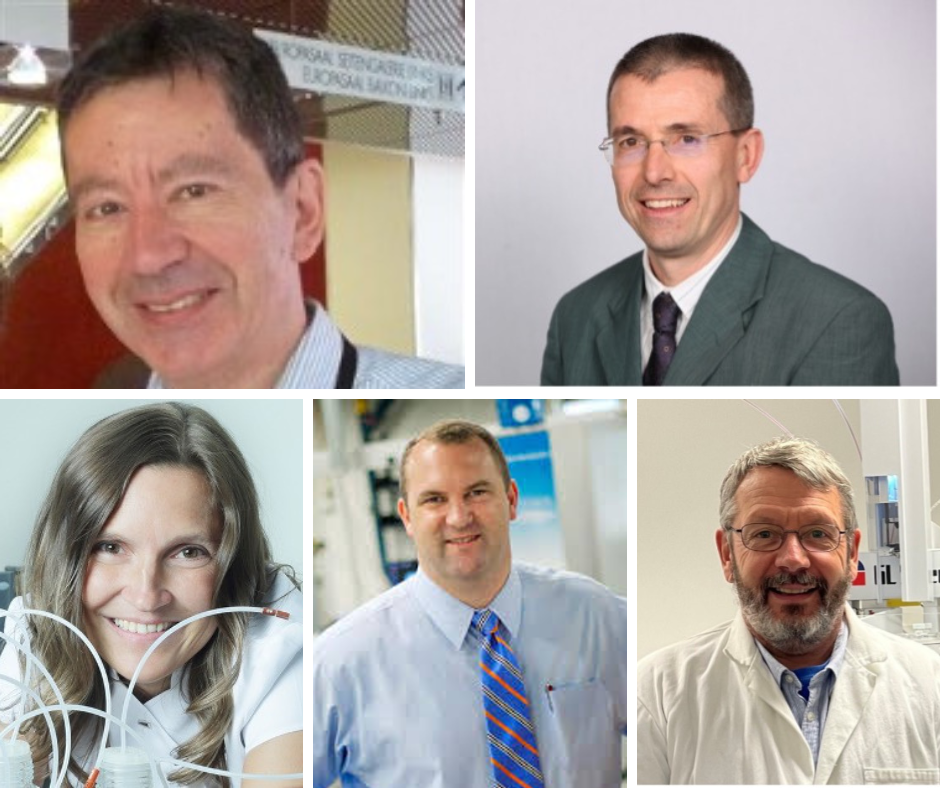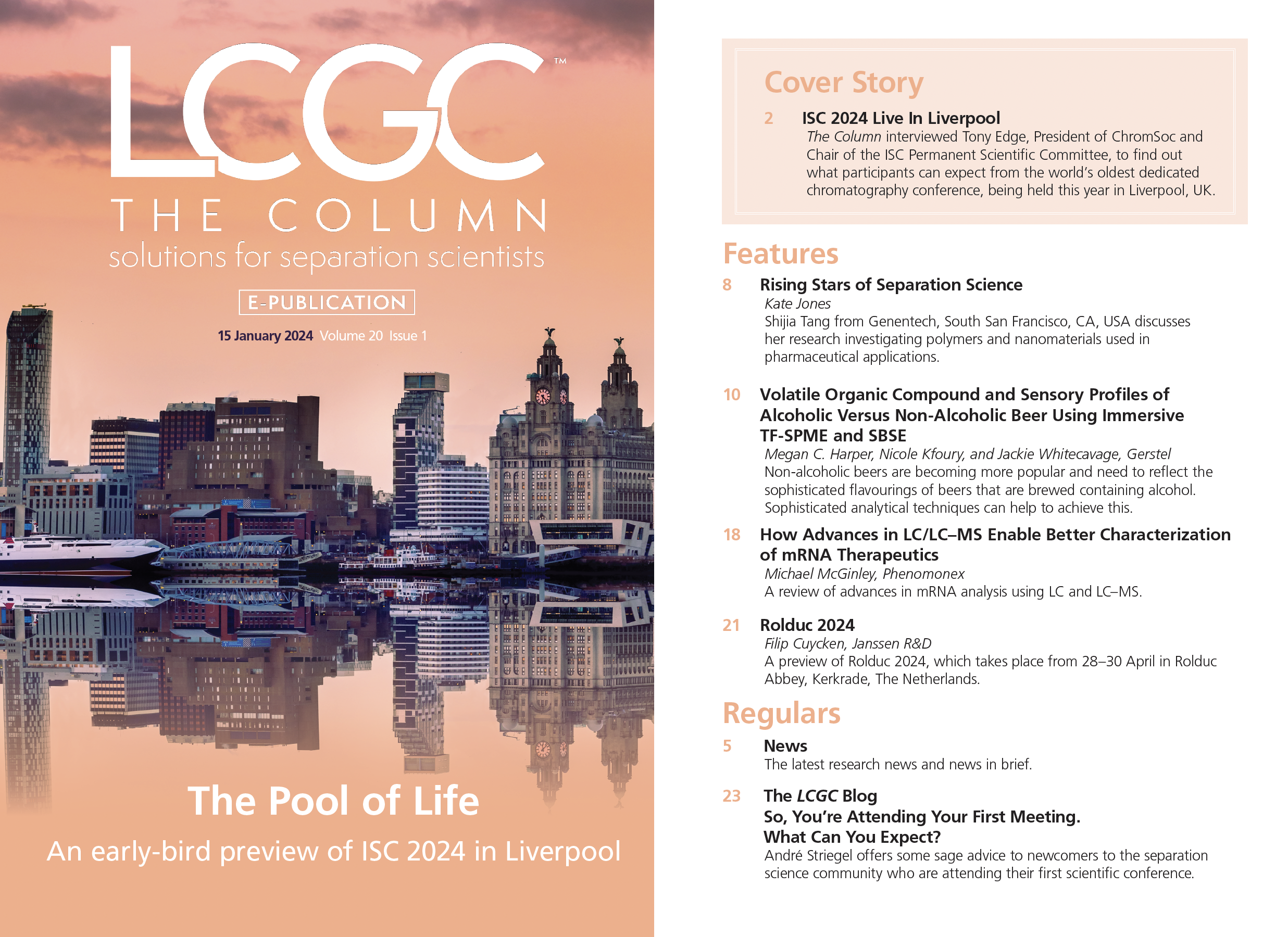ChromSoc Announces 2024 Medal Winners
The UK-based Chromatographic Society (ChromSoc) has announced its two 2024 recipients of its most prestigious honor, the Martin Medal, in addition to three professors who have been chosen for the organization’s Silver Jubilee Medal.
David McCalley of the University of the West of England and Fabrice Gritti of Waters Corporation are receiving the Martin Medal.
McCalley is known as a trailblazer in hydrophilic-interaction chromatography (HILIC) and is a former winner (2008) of the Jubilee Medal. He is the author of the most-cited article in the history of LCGC Europe. Gritti, who has been with Waters Corporation since 2015 following a stint as a postdoctoral researcher at the University of Tennessee, is also a former Jubilee Medal awardee (2013) and only the fifth industrial chromatographer to be selected to receive the Martin Medal.
Receiving 2024’s Silver Jubilee Medals, so named to celebrate ChromSoc’s 25th anniversary in 1982, are professors Lucie Nováková of Charles University, Kevin Schug of the University of Texas at Arlington, and John Langley of the University of Southampton.
For more information, please visit: https://chromsoc.com/
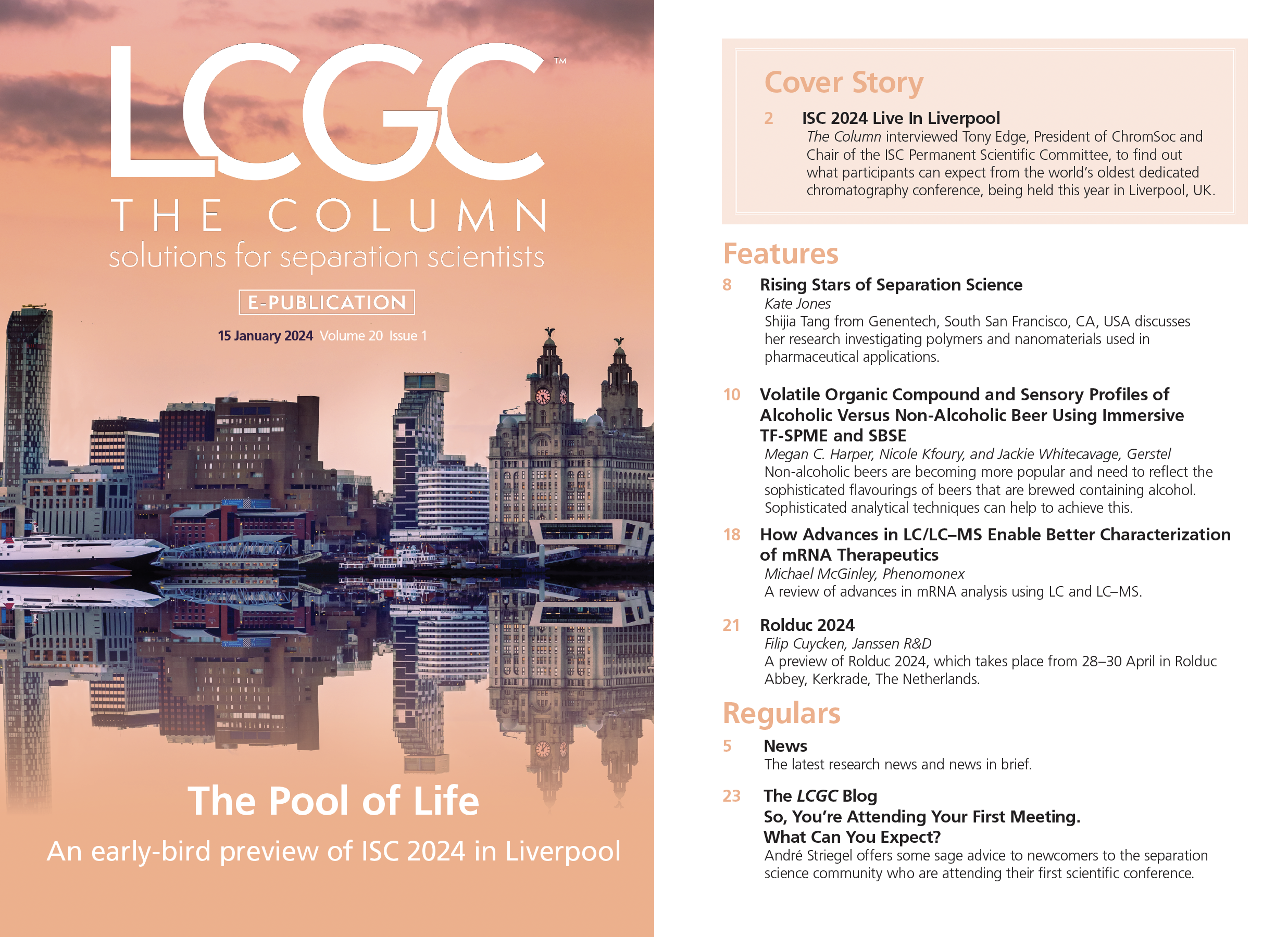
Understanding FDA Recommendations for N-Nitrosamine Impurity Levels
April 17th 2025We spoke with Josh Hoerner, general manager of Purisys, which specializes in a small volume custom synthesis and specialized controlled substance manufacturing, to gain his perspective on FDA’s recommendations for acceptable intake limits for N-nitrosamine impurities.
University of Rouen-Normandy Scientists Explore Eco-Friendly Sampling Approach for GC-HRMS
April 17th 2025Root exudates—substances secreted by living plant roots—are challenging to sample, as they are typically extracted using artificial devices and can vary widely in both quantity and composition across plant species.
Determining the Serum Proteomic Profile in Migraine Patients with LC–MS
April 17th 2025Researchers used liquid chromatography–mass spectrometry (LC–MS) in their proteomic analysis to compare the serum proteome of migraine patients with healthy controls and to identify differentially expressed proteins as potential migraine biomarkers.



